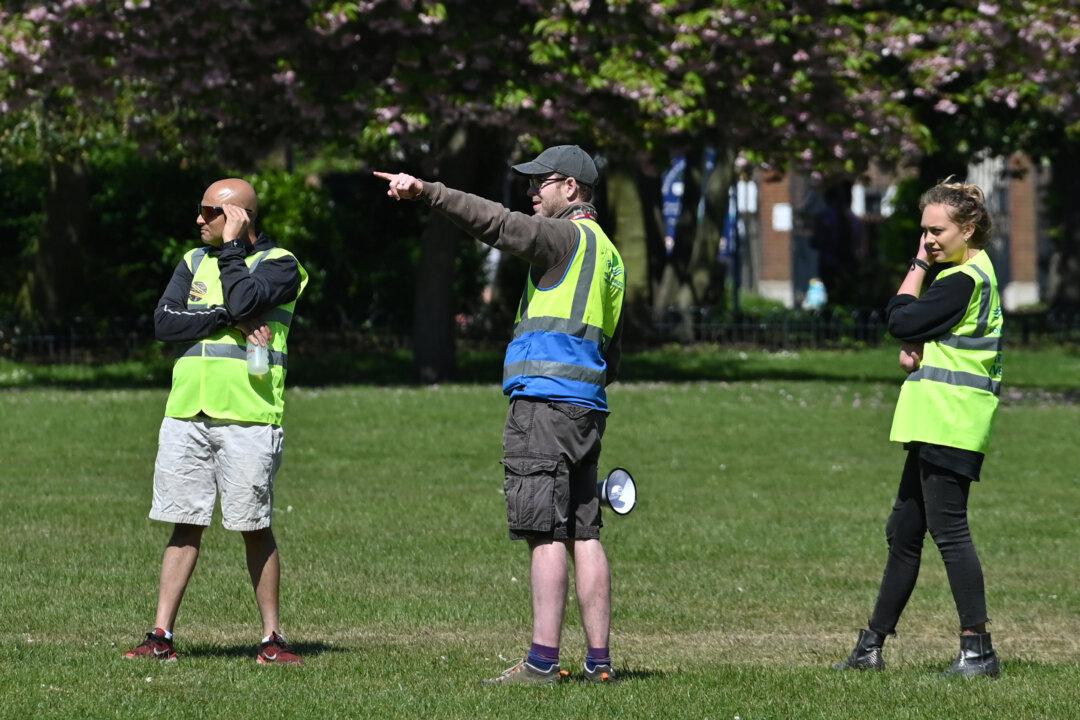The number of people infected with the CCP virus who died in hospitals in the United Kingdom passed 20,000, the Department of Health announced on Saturday.
With 813 newly reported deaths, the toll reached 20,319.


The number of people infected with the CCP virus who died in hospitals in the United Kingdom passed 20,000, the Department of Health announced on Saturday.
With 813 newly reported deaths, the toll reached 20,319.